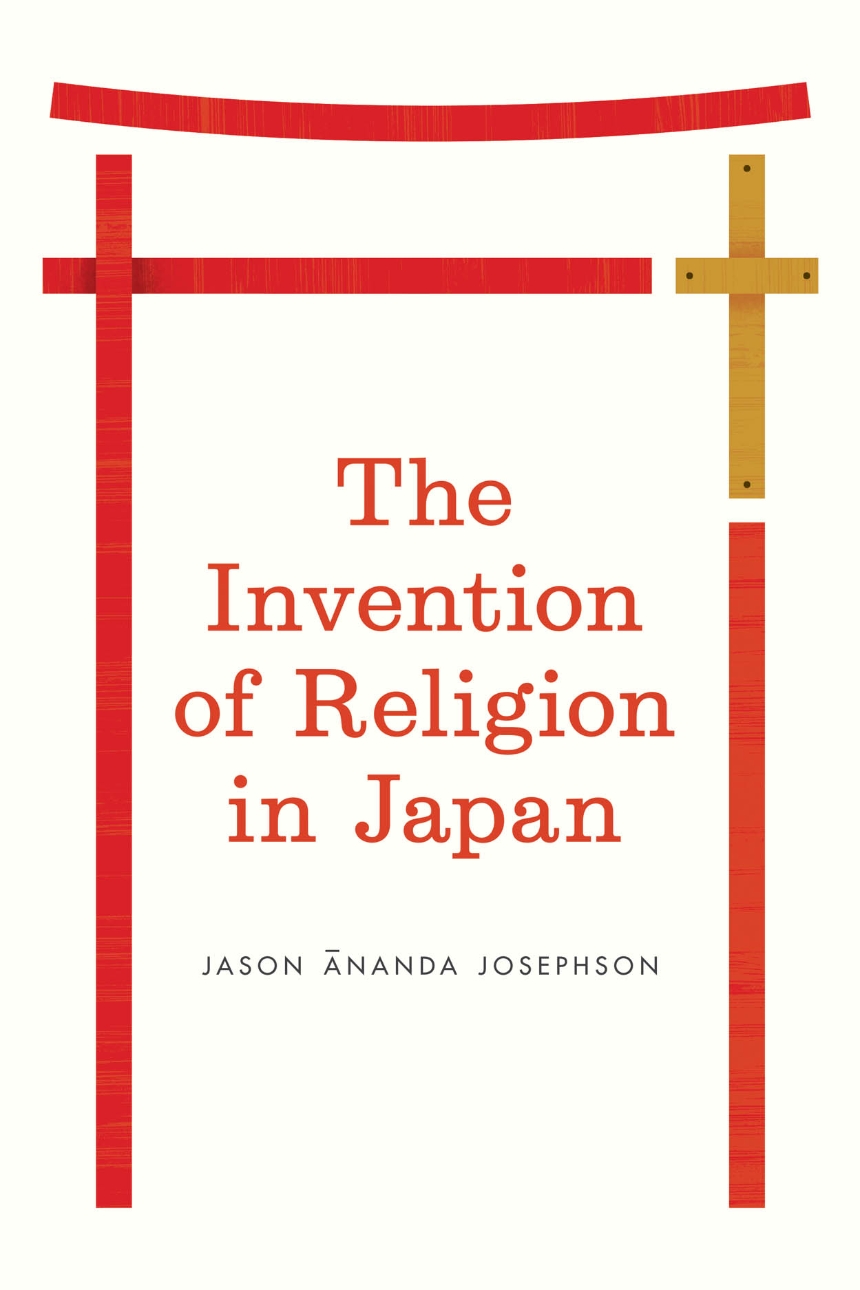The Invention of Religion in Japan
Throughout its long history, Japan had no concept of what we call “religion.” There was no corresponding Japanese word, nor anything close to its meaning. But when American warships appeared off the coast of Japan in 1853 and forced the Japanese government to sign treaties demanding, among other things, freedom of religion, the country had to contend with this Western idea. In this book, Jason Ananda Josephson reveals how Japanese officials invented religion in Japan and traces the sweeping intellectual, legal, and cultural changes that followed.
408 pages | 6 x 9 | © 2012
Asian Studies: East Asia
Religion: Comparative Studies and History of Religion, South and East Asian Religions
Reviews
Table of Contents
Preface and Acknowledgments
A Note on Texts and Translations
A Note on Texts and Translations
Introduction
The Advent of Religion in Japan
Obscure Obstacles
Unlearning Shukyo
Unlearning “Religion”
Overview of the Work
The Advent of Religion in Japan
Obscure Obstacles
Unlearning Shukyo
Unlearning “Religion”
Overview of the Work
1. The Marks of Heresy
Difference Denied: Hierarchical Inclusion
Strange Aberrations: Exclusive Similarity
Hunting Heretics
2. Heretical Anthropology
Contested Silences: Two Versions of the Acts of the Saints
Demonic Dharma
Japanese Heretics and Pagans
3. The Arrival of Religion
Negotiating “Religion”
Taxonomy and Translation: Category in the Webs of Meaning
Unreasonable Demands
4. The Science of the Gods
Shinto as a “Nonreligion”
The Way of the Gods
Celestial Archeology: The Advent of European Science in Japan
The Science of the Gods: Philology and Cosmology
Ritual Therapeutics for the Body of the Nation
The Gods of Science
From Miraculous Revolution to Mechanistic Cosmos
5. Formations of the Shinto Secular
Secularism Revisited
Hygienic Modernity and the World of Reality
Secular Apotheosis
6. Taming Demons
The Demons of Modernity
Restraining the Wild
Monstrous Gods
Evil Cults
Disciplining Buddhism, Expelling Christianity
7. Inventing Japanese Religion
Religion in Japanese International Missions
Controlling the Heart: Debating the Role of Religion in the Modern State
Inventing “Japanese Religions”
8. Religion within the Limits
Internal Convictions
External Controls
The Birth of Religious Studies in Japan
Conclusion
The Invention of Superstition
The Invention of the Secular
The Invention of Religion
The Third Term
Postscript
Appendix. Religion Explained
Notes
Character Glossary
References
Index
Character Glossary
References
Index
